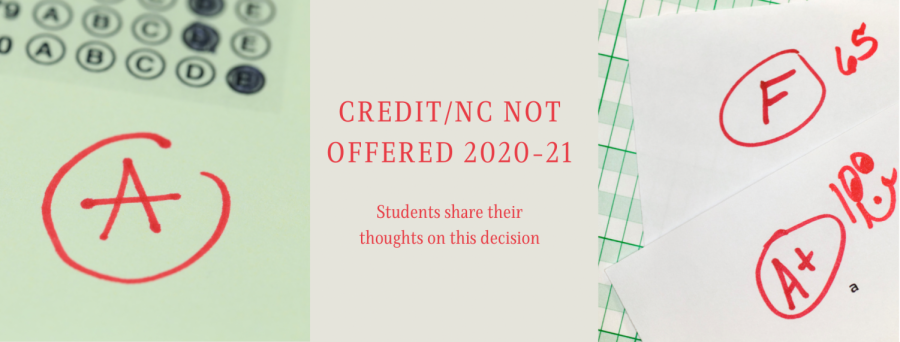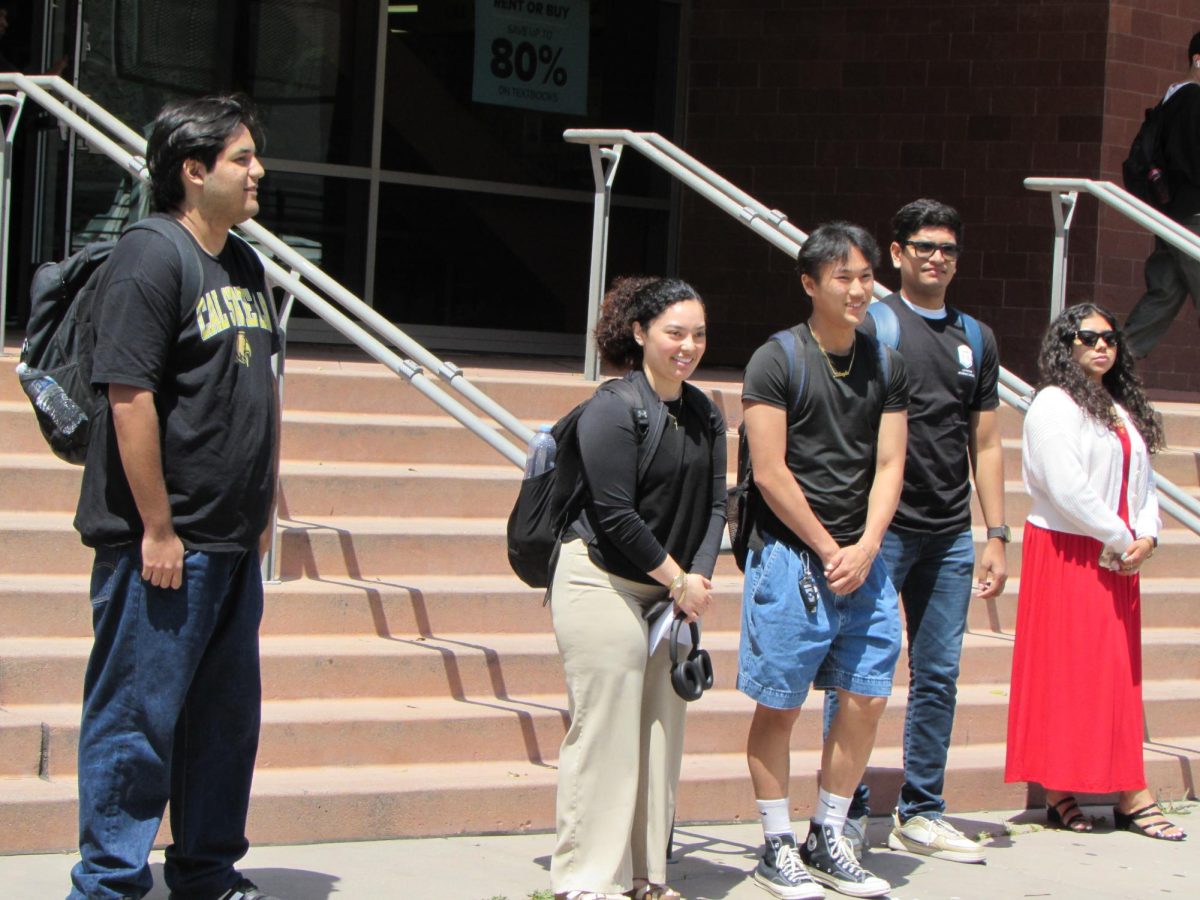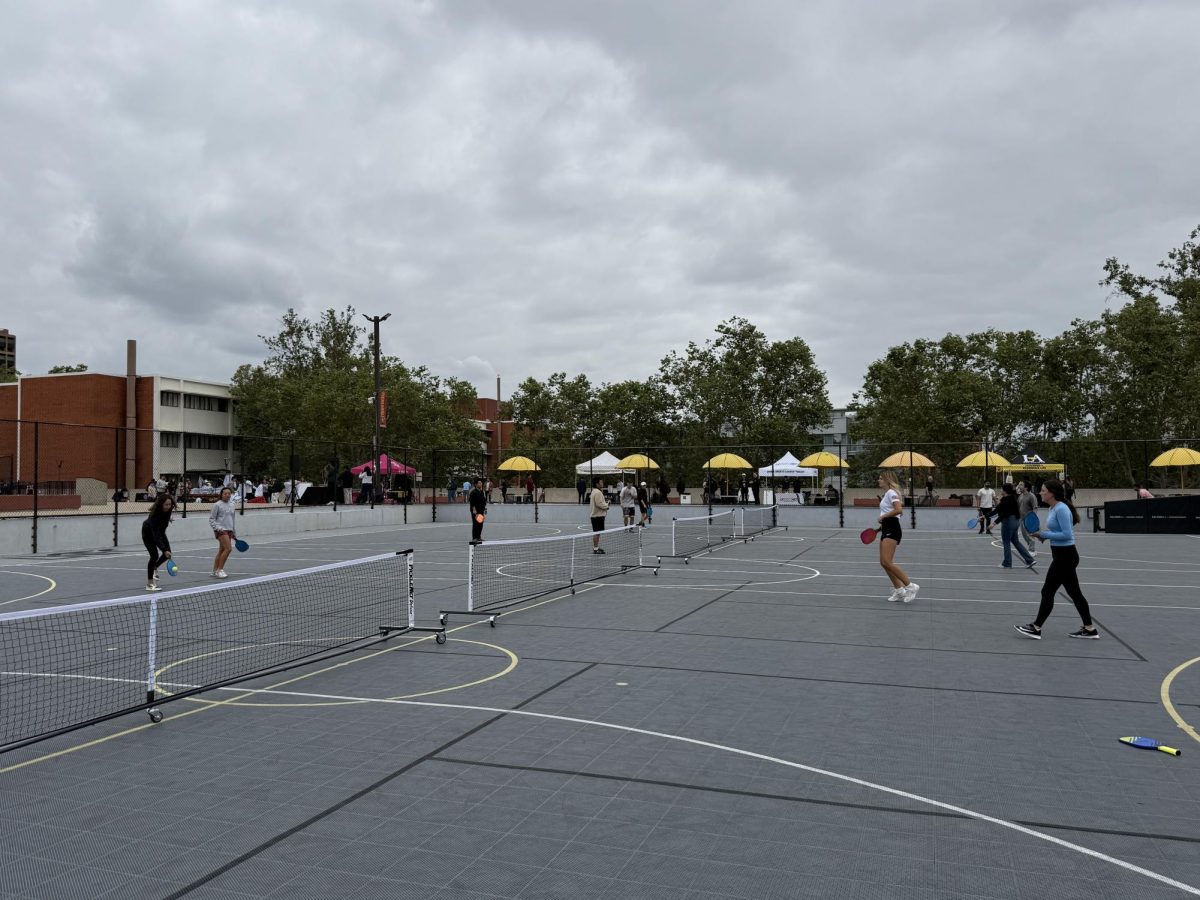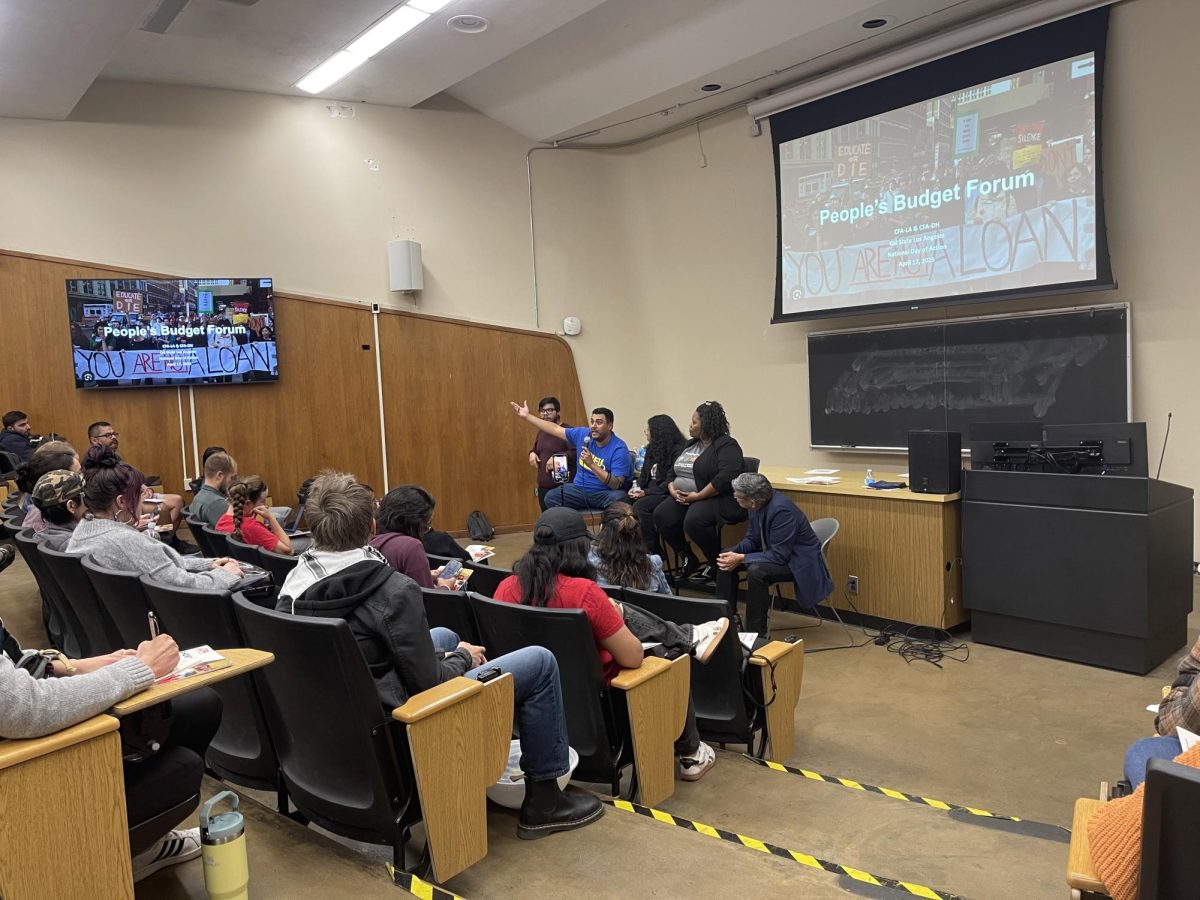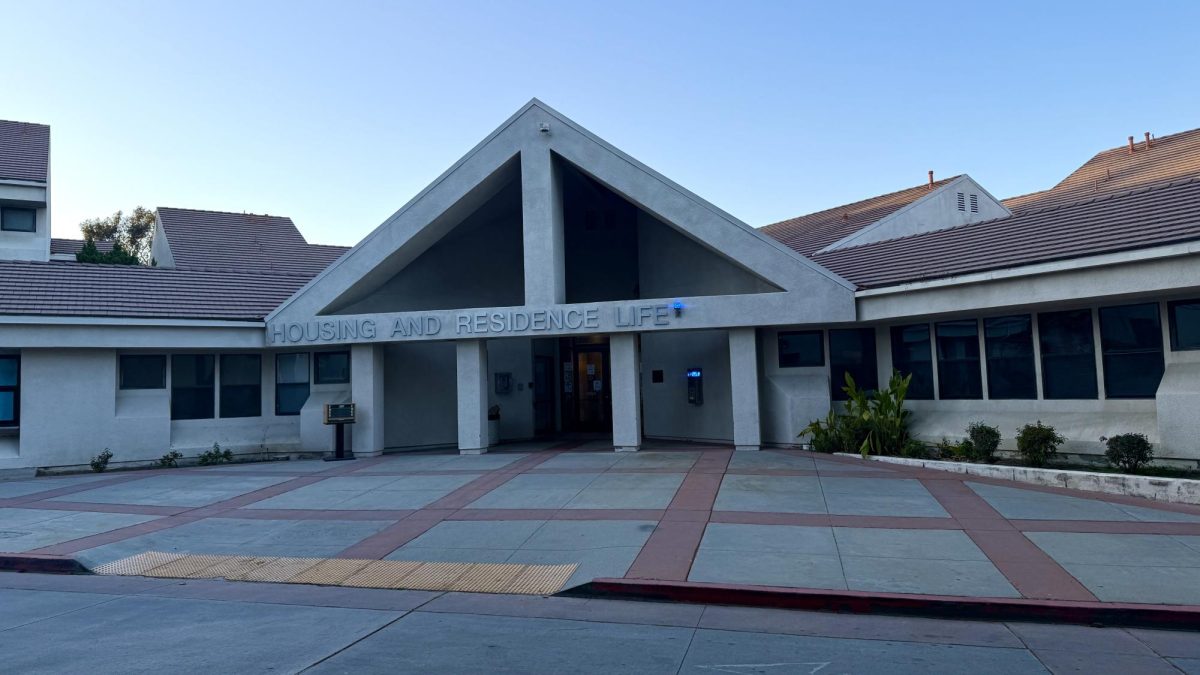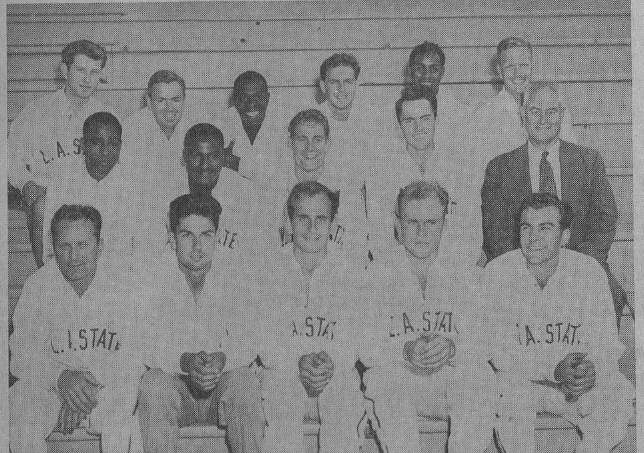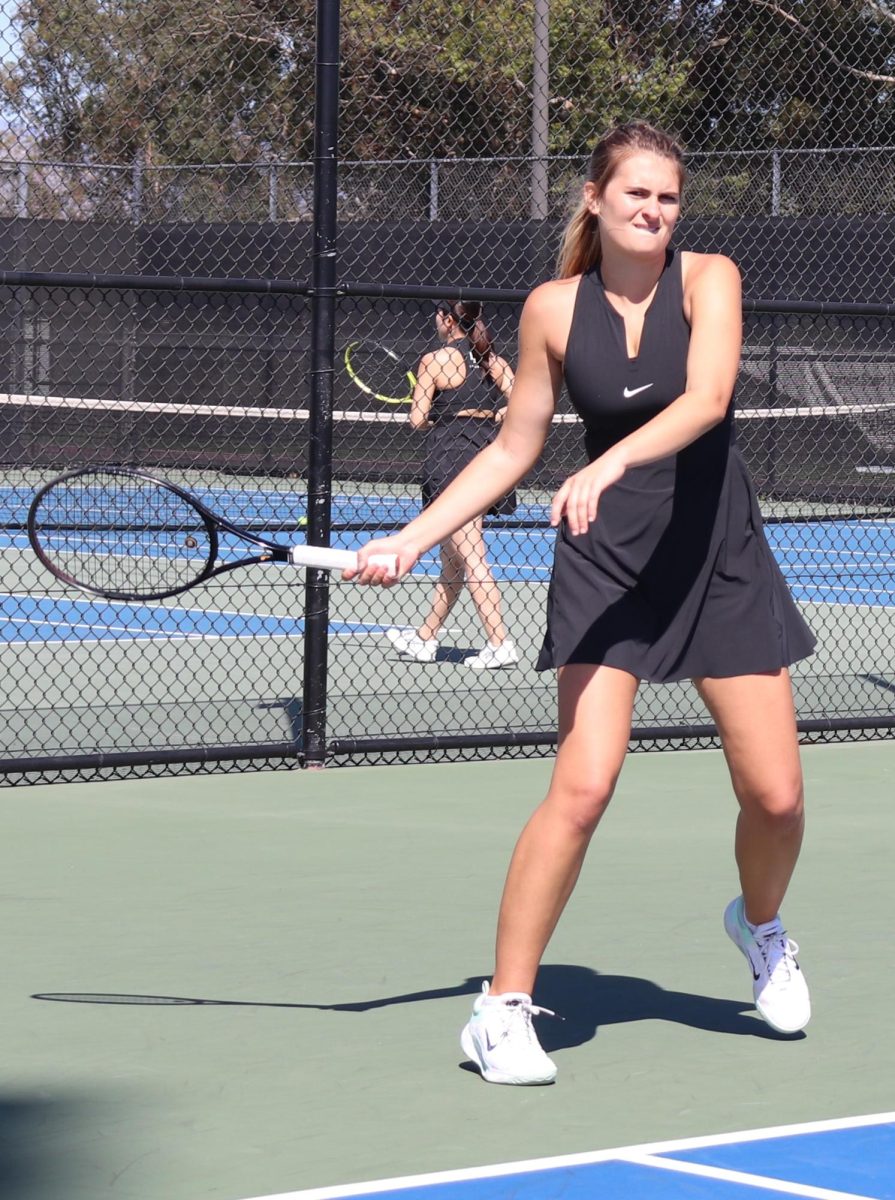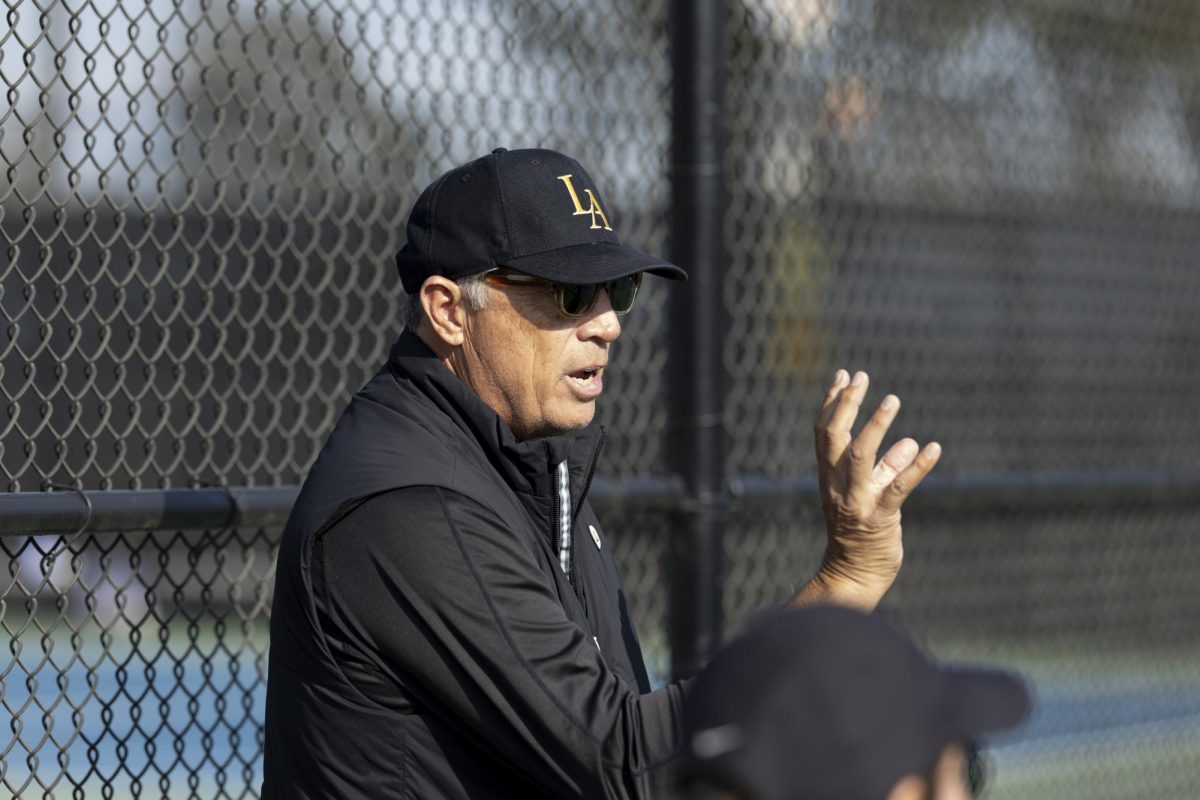Despite being offered in the Spring 2020 semester, the “credit/no credit” grading option won’t be offered for the 2020-21 academic year, according to the dean of undergraduate studies Michelle Halwey.
Traditional grading resumed over summer and is set to remain in place. Halwey wrote in an email that during an Educational Policy Committee of the Academic Senate, “There were extended discussions about the pros, cons and challenges of implementing non-traditional grading.”
She said that before they reached their decision not to reinstate non-traditional grading, various factors were considered which included “consequences that can negatively impact students’ financial aid and their progress towards their degree.”
Cal State LA junior Genaro Flores said the decision didn’t phase him.
“Doesn’t bother me,” said Flores. “I don’t blame anyone who doesn’t like learning online so I get the impression those students that might want no grades are just taking the semester off but I could be wrong.”
Cal State LA professor Irene Grau said students were better equipped this year.
“Students had five months to wrap their heads around remote learning,” said Grau. “Spring was a shock to people, so school tried to help those thrown for a loop then.”
Other students and alumni had a different point of view on the decision.
Cal State LA student Anay Ramirez said that although the decision won’t affect her, because many of her professors were helpful and accommodating, she knows people it will affect.
“A lot of my classmates couldn’t make it to class due to having to obtain a second job to help their families out during these tough times and our professor would give out pop quizzes/assignments that were due during class, just so we were forced to make it to class.”
Due to experiences like that, Ramirez said she is sympathetic to those who would have opted for “credit/no credit” had it been an available option.
Cal State LA student and mother Giovanna Rodas said she faced challenges this semester due to the Bobcat wildfire in September and raising her toddler.
“I lived very close to the Bobcat fire and my power was shut off a few times. It is still shutting off on occasion to prevent the fires,” said Rodas.
She added, “I also have a toddler so it’s been challenging. Fortunately, I was able to maintain my good grades but it was very difficult. I had a lot of support but not everyone has that.”
“Some people are taking extra responsibilities to help the family out or aren’t able to learn online. There are some people with kids who need to stay home with them, and maybe aren’t able to give their undivided attention during class time,” said Rodas.
Rodas said she felt remote learning poses many challenges that are distinct from in-person learning.
“This isn’t equivalent to learning in person, especially with people with learning disabilities. I could imagine it’s extremely difficult for them,” said Rodas. “And it’s unfair to ask them to put their education on hold for something that’s out of their control.”
Cal State LA alumni Claudia Bobadilla felt that the options available to students are not adequate and compares them unfavorably to those offered at Cal State Fullerton.
“I attend CSU Fullerton for my masters program and my school does offer credit/no credit for everyone who wants it,” said Bobadilla. “I am disgusted and disappointed with the limited options CSULA provided me and still disappointed on how they haven’t changed.”
ASI President Diana Chavez was also upset by the decision to not permit the “credit/no credit.”
“Many students were relying on the credit/no credit this semester as many were anxious about taking online courses. The school should provide options for our students when it comes to grading,” said Chavez.
She said she knows of several students who did not agree with the University’s decision. “Our best hope now is if the CSU chancellor releases an executive order to allow the C/NC option,” said Chavez.
Hawley, the associate vice president and dean of undergraduate studies, also encouraged students to make full use of the tutoring resources at The Center for Academic Success.
She added, “If students are experiencing significant personal hardships that affect their ability to pass classes, they should reach out to their instructors and advisors to discuss their options, including requesting incompletes.”
These resources include direct appointment scheduling, using the zoom reception area, using after-hour tutoring, or emailing the CAS team your questions at [email protected].

